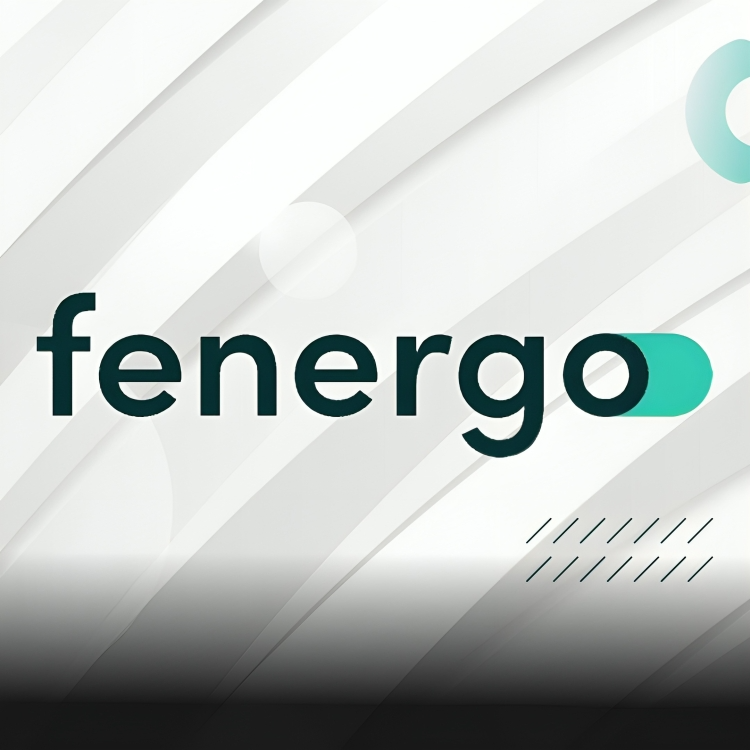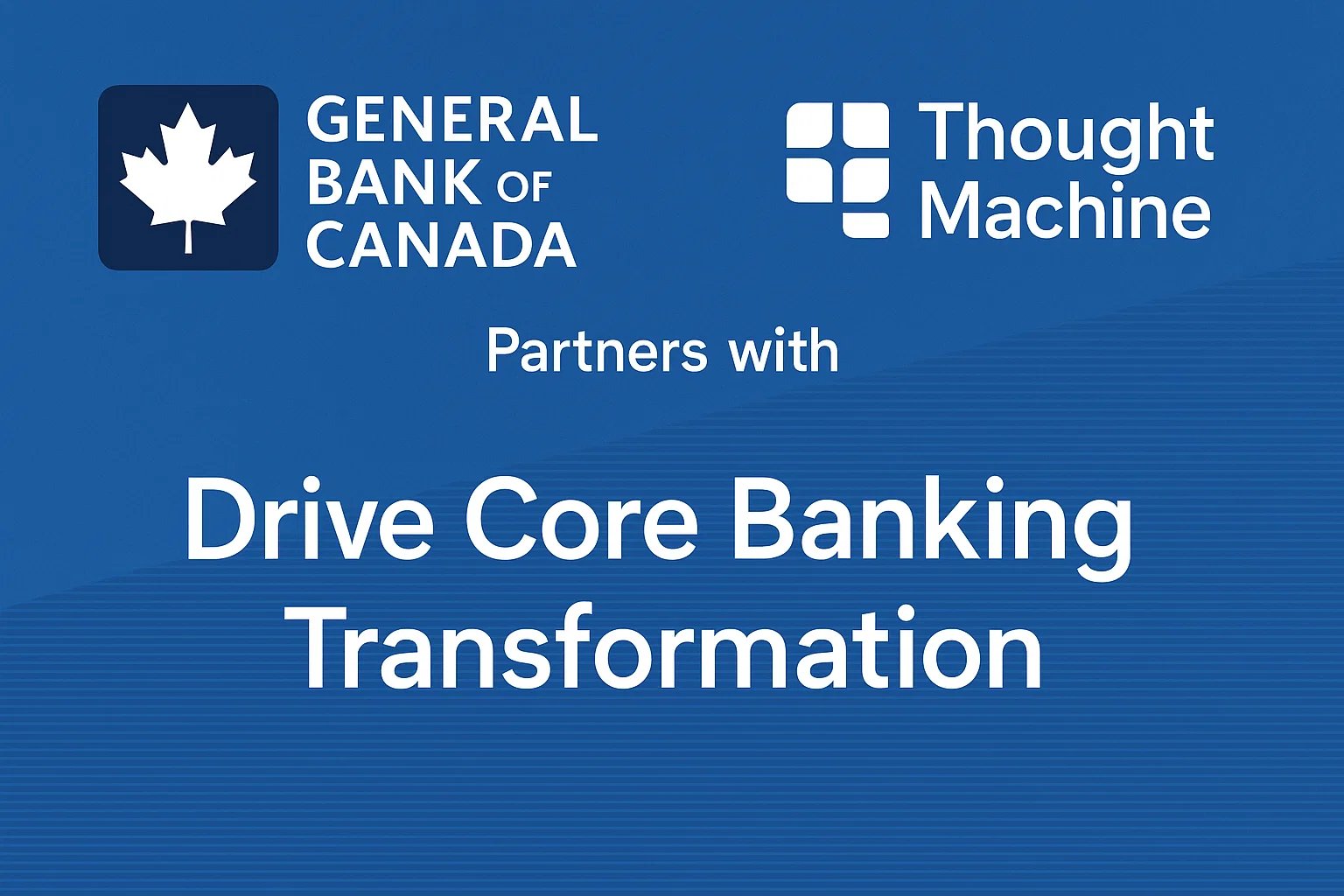
Amsterdam, Netherlands – [Date] – Fenergo, the industry leader in digital solutions for Know Your Customer (KYC), Client Lifecycle Management (CLM), and transaction monitoring, today announced the launch of AI Powered CLM. This new suite of AI functionalities empowers firms to streamline operations, accelerate onboarding processes, and improve user experiences, all while reducing costs associated with KYC and Anti-Money Laundering (AML) compliance.
Enhanced Risk Management and Regulatory Compliance
Fenergo’s AI-powered CLM, built on Amazon Bedrock, equips firms with the ability to more accurately identify and mitigate financial crime risks. This enables seamless adherence to KYC, AML, and sanctions regulations. By leveraging AI, Fenergo’s solution fosters efficient, frictionless onboarding and ongoing client management, ultimately accelerating time to revenue.
Fenergo Addresses Growing Compliance Challenges
The launch comes amidst a period of heightened regulatory scrutiny and increasingly sophisticated financial crime tactics. This, coupled with resource constraints and outdated legacy systems, creates a significant challenge for financial institutions, energy firms, and corporates tasked with combating financial crime. Recent data reveals a substantial rise in penalties for non-compliance with AML, KYC, ESG, sanctions, and CDD regulations – jumping from $4.2 billion in 2022 to $6.6 billion in 2023.
Introducing Three AI-Powered Functionalities
Fenergo’s AI offering encompasses three distinct functionalities scheduled for release throughout the year: Intelligent Document Processing (IDP), Advanced Reporting, and AI Assistant. These functionalities automate traditionally labor-intensive and time-consuming tasks related to client onboarding, due diligence, and regulatory reporting.
Intelligent Document Processing (IDP):
Available today, Fenergo’s IDP feature significantly reduces manual document handling for corporate onboarding. It can decrease processing time by 72% for a typical case involving the collection and analysis of 100 documents with 150 data fields. A recent Fenergo survey found that nearly half (48%) of banks globally have lost clients due to slow or inefficient onboarding, with 45% attributing this to poor document and data management.
Fenergo’s IDP automates complex document management tasks, including data and metadata extraction, classification, document auto-linking, data absorption, and auto-task completion. This AI solution streamlines user experiences by minimizing friction during client interactions. Additionally, it delivers substantial efficiency gains and cost savings through reduced human error and increased productivity.
No-Code Advanced Reporting:
Also available now, the advanced reporting module empowers compliance professionals with the ability to create new reporting queries related to client information and onboarding journey statuses, regardless of their coding expertise. This AI-driven solution leverages native Amazon Web Services (AWS) capabilities to facilitate efficient reporting for regulatory compliance purposes. Furthermore, it enables the creation of AI-generated advanced analytics visualizations, providing users with actionable insights for faster decision-making.
AI Assistant (Coming Soon):
Scheduled for release later in 2024, Fenergo’s AI assistant leverages generative AI and natural language processing (NLP) to deliver substantial time and cost savings for firms. It will alleviate workloads, enhance risk management, and streamline overall efficiency.
Meeting Evolving Compliance Needs
“As regulators worldwide intensify their focus on financial crime prevention through stricter penalties for non-compliance and initiatives like the EU’s Anti-Money Laundering Authority, it is critical for banks to strengthen their capabilities in client onboarding, due diligence, and regulatory reporting,” said Stella Clarke, Chief Strategy Officer at Fenergo.
“Given the global shortage of compliance professionals, leveraging AI and machine learning to achieve greater efficiencies is no longer optional – it’s a strategic imperative,” Clarke concluded.




